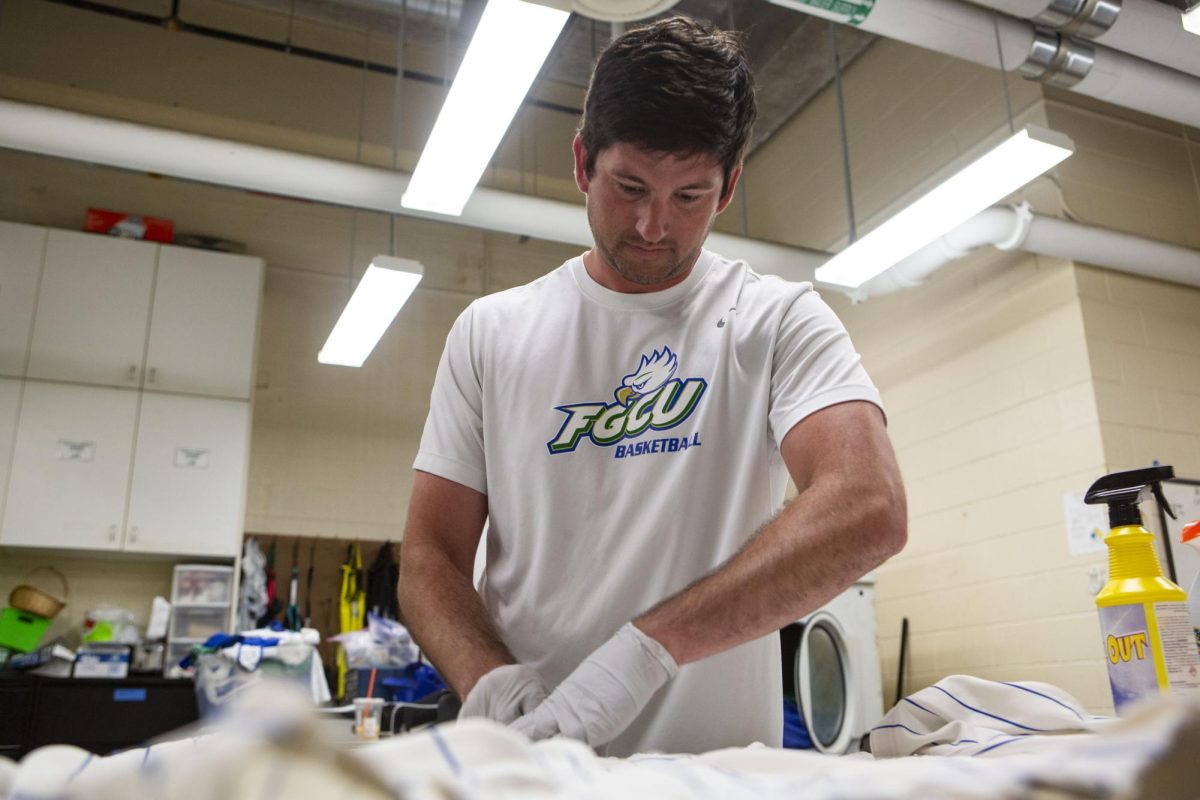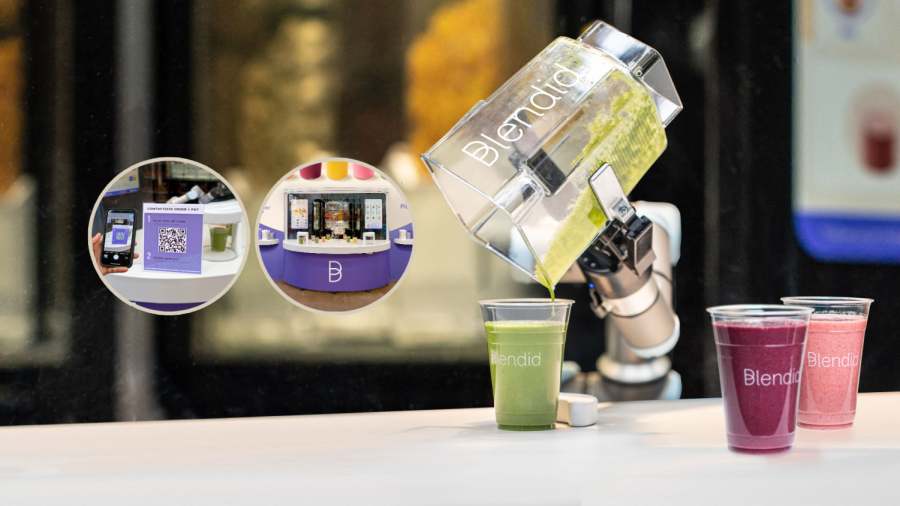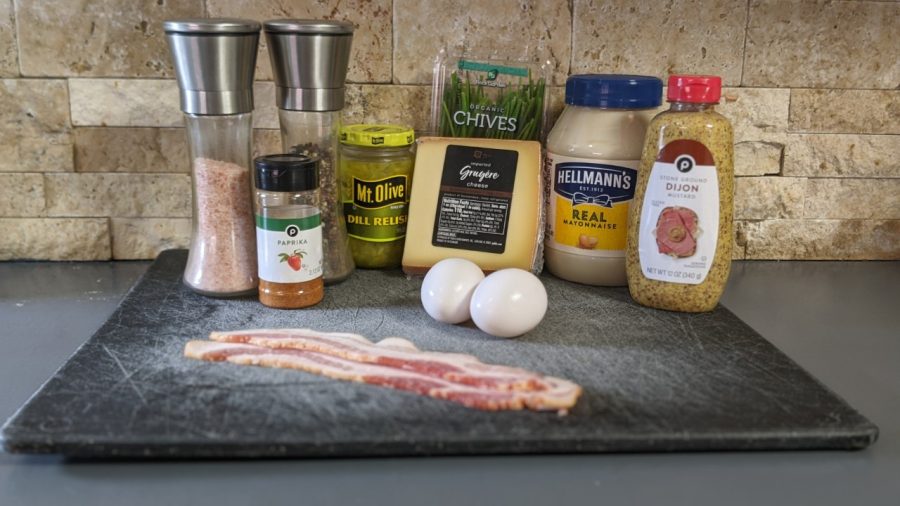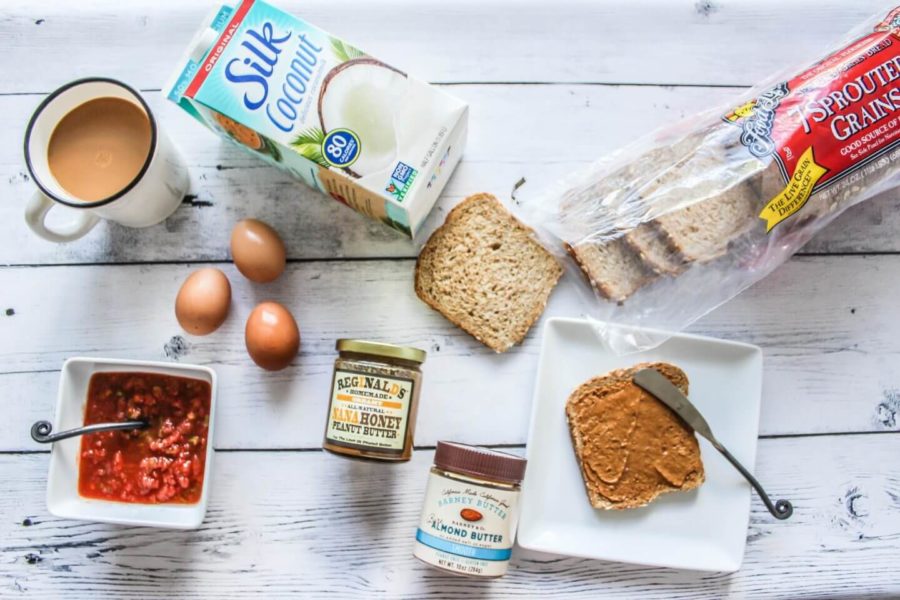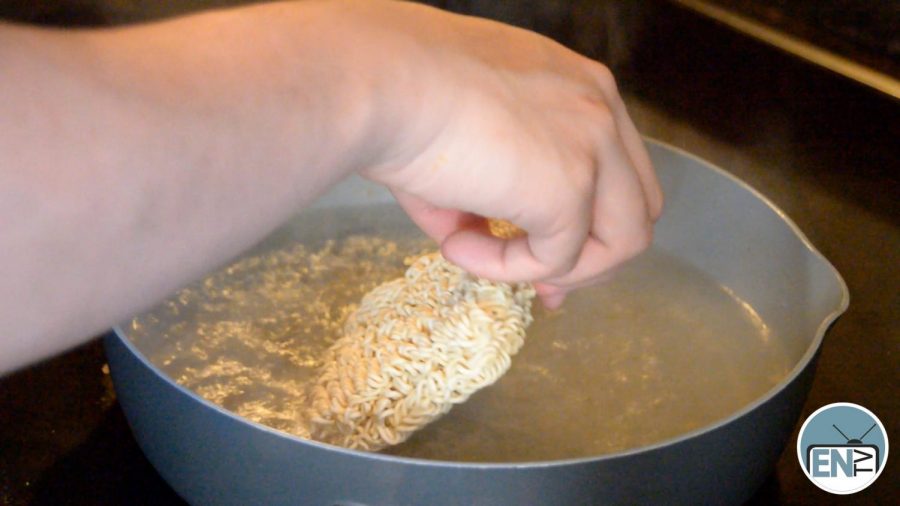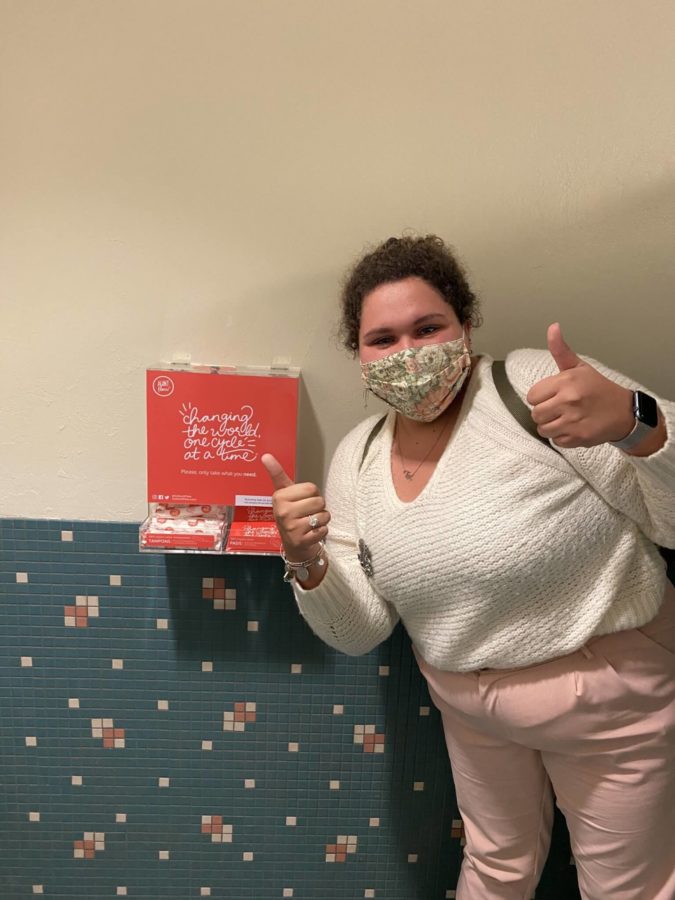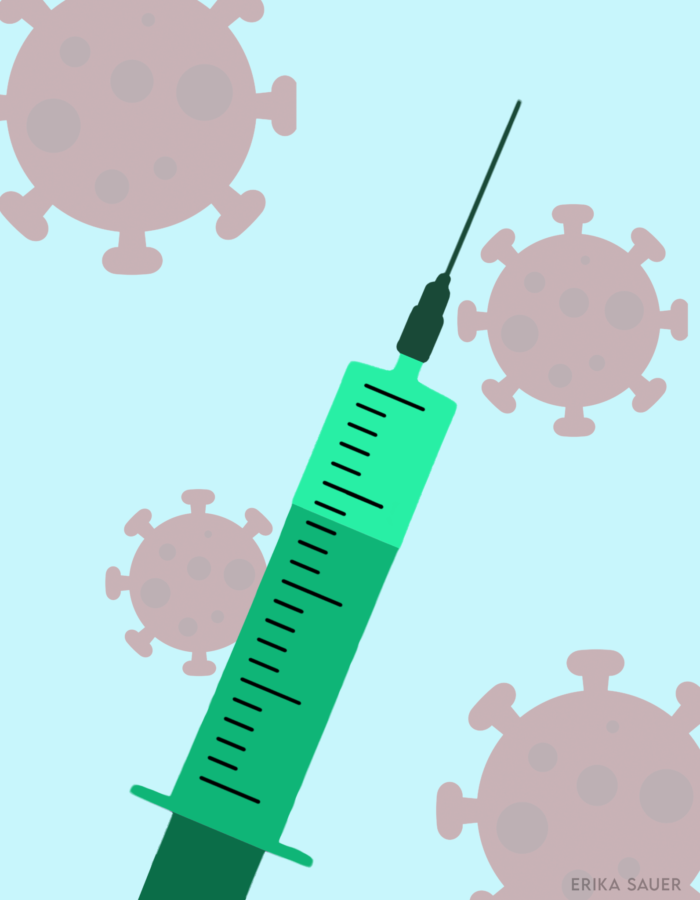Based on several studies regarding the health and diet of our society, it is an unfortunate and clear fact that we eat way too much sugar, and it’s slowly causing problems such as type 2 diabetes, heart disease and other chronic diseases, including cancer.
Some scientists and health experts are going as far as to call that little happiness of ours a “drug” and our love for it an “addiction.” Can you go for a few days without drinking a soda? Can you go for weeks without any added refined sugar in your diet? Or, can you go without sweets when things fall out of your hands? If you said no to any of these questions, then you’re likely dependent on sugar.
Michael Stull — an author, fitness and wellness expert, exercise physiologist and personal trainer — explained why sugar might have a similar effect as other recreational drugs such as cocaine.
“Sugar triggers the dopamine sensors in the brain in a way very similar to other drugs,” Stull said. “There have been studies proving this showing parts of the brain lighting up on a scan after ingesting sugar, much like taking a drug. So, with that, it gives us a great feeling in the brain like other drugs.”
To know whether you are drawn to sugar as much that you would say you need it, Stull said there are a few things to consider, such as keeping a log of your sugar intake to measure where you are at for total consumption during the day. Then, make an honest effort to go without any added sugar for a few days. If you start to crash and have little energy, get headaches or migraines and feel the urge to have to have sugar to fix everything, then you probably are addicted to sugar.
Okay, let’s say you admit that you have a minor or major sugar problem. What to do next?
“Part of overcoming the habit of needing sugar is keeping yourself busy,” Stull said. “Eating real whole foods to keep you full, drinking plenty of water — you can infuse it for taste — and also tricking yourself to a certain extent. By this, I mean only adding sugar to food items that absolutely need it. You have to retrain your taste buds to not want sugar.”
Stull also said that going cold turkey is a tough route to take. Like with many diets and lifestyle changes, a 180-degree turn can cause more harm than good, so he suggests taking it slowly.
“A more reasonable way would be to cut it down by one-fourth intake for a week,” Stull said. “Then try to cut it down to half of what you normally do the following week, then almost down to zero. Ease yourself off of it and train yourself to not using it or having to add it to anything at all over time.”
He said having absolutely zero sugar is almost impossible because it is naturally occurring in some foods; however, keeping it to a minimum is key because sugar causes inflammation to the body. Having a piece of your favorite candy on occasion is not a big deal, but making it a daily habit should be avoided.
Giving up on any substance that triggers dopamine — the feel-good hormone — in the body comes with withdrawals, and quitting sugar is no different. Stull said withdrawals can lead to a drop in energy, feeling lethargic, having headaches or migraines, having low libido and much more.
“Sugar is pro-inflammatory to the body and must be kept to a minimum to have maximum health,” Stull said. “Sugar gives you very quick energy, but you will crash from it very quickly.”
For more information on diet and health guidance, visit michaelstull.com
Studies suggest sugar is as addictive as cocaine
January 21, 2016
Story continues below advertisement
Leave a Comment
More to Discover
CONTACT US
10501 FGCU Blvd. South
Fort Myers, FL 33965
Phone: 239.590.7945
EXECUTIVE EDITOR
Tori Foltz
[email protected]
STUDENT MEDIA ADVISER
Justin Paprocki
[email protected]
10501 FGCU Blvd. South
Fort Myers, FL 33965
Phone: 239.590.7945
EXECUTIVE EDITOR
Tori Foltz
[email protected]
STUDENT MEDIA ADVISER
Justin Paprocki
[email protected]







